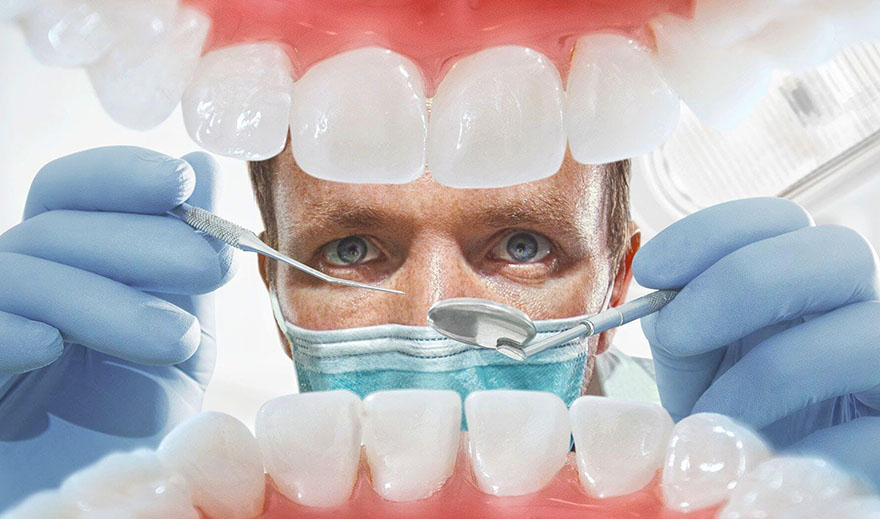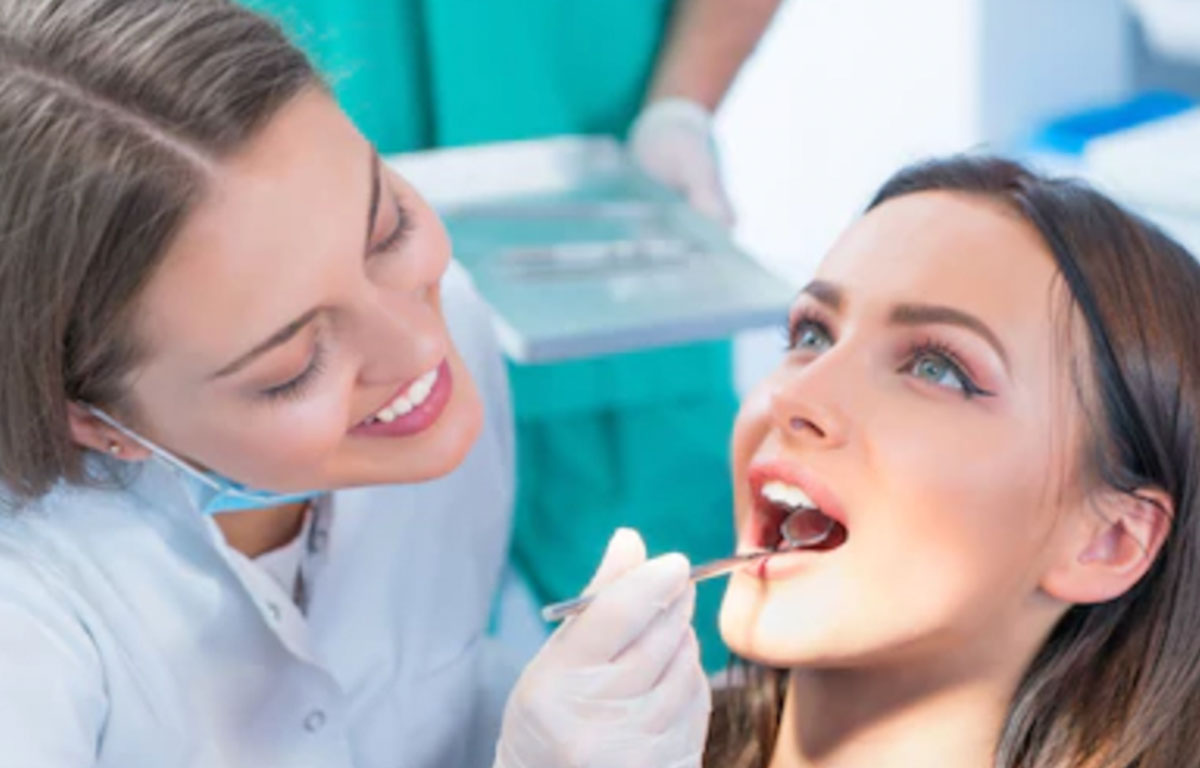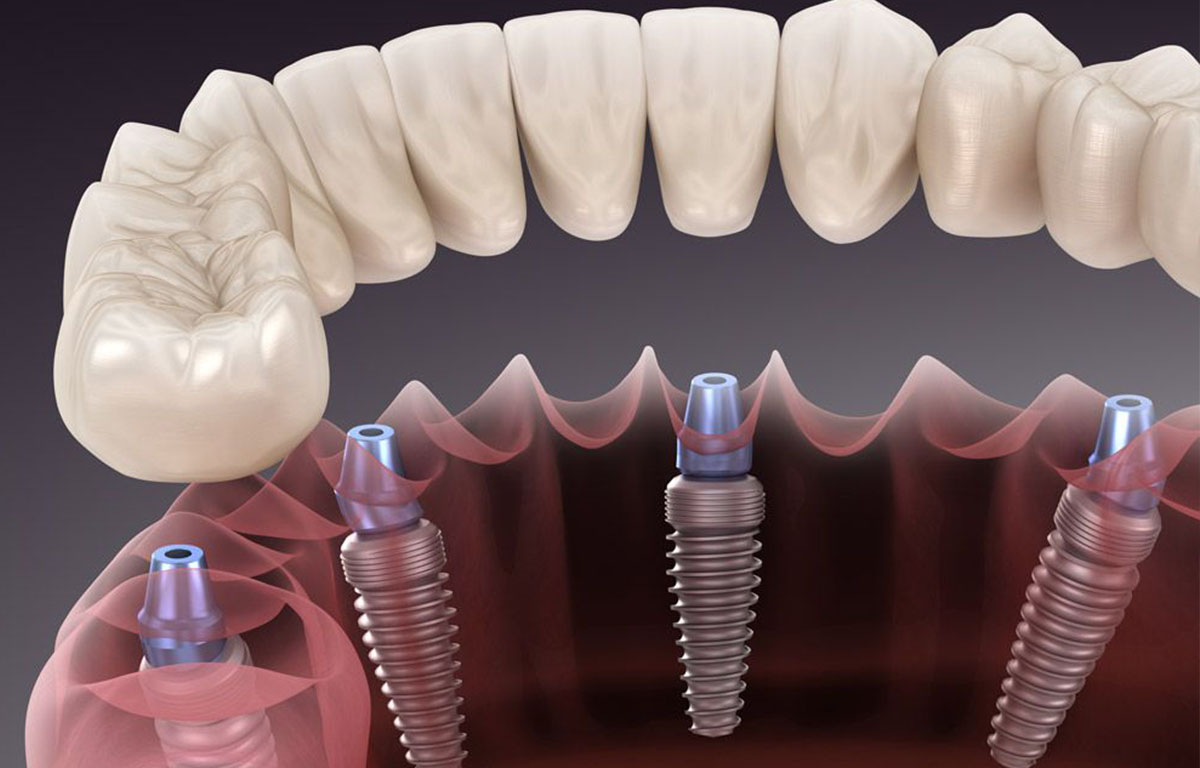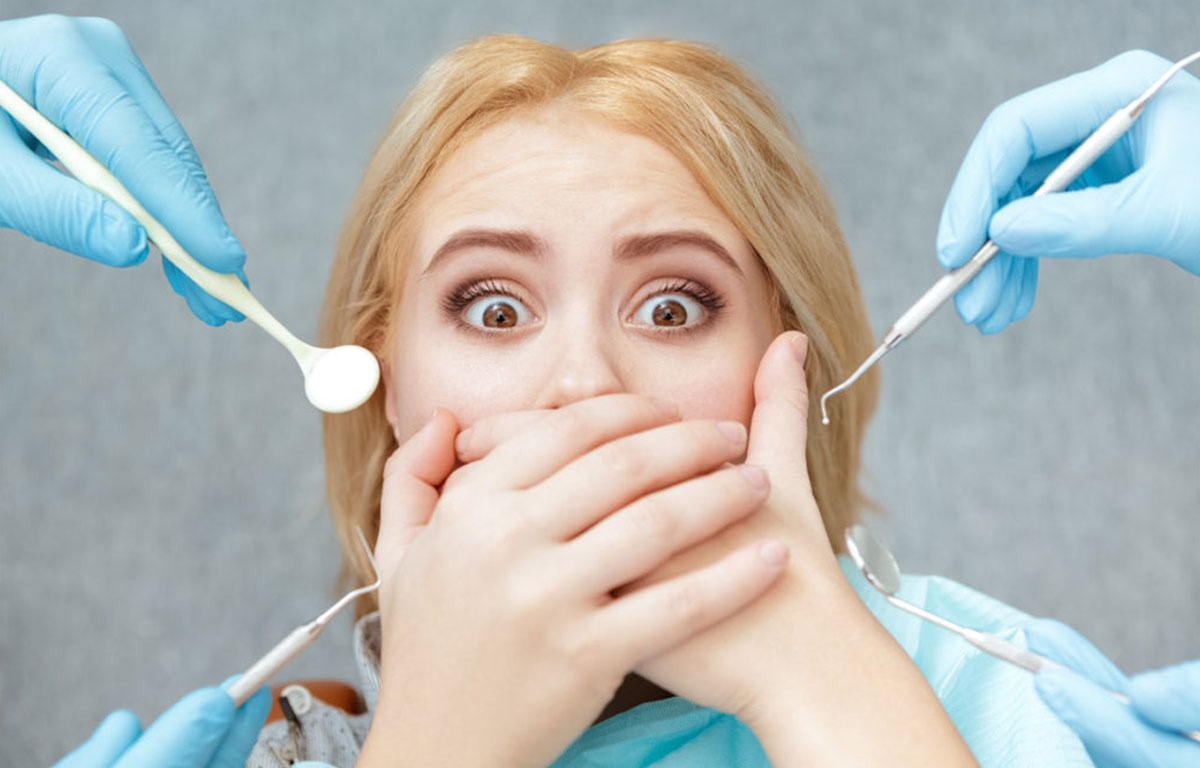
Check-up & Consultation at Antalya Dental Hospital, Turkey
Check-up & Consultation: What Are They, Benefits and Cost
It’s time for your routine check-up.
Welcome to the Antalya Dental Hospital!
We are always excited to welcome new smiles through our doors.
Whether you’re planning to restart your oral care or you’re looking for a new dental practice that’s more convenient for you, we are here for you.
Regular check ups
A check-up, which involves a thorough examination of your teeth, gums and mouth, will prevent minor problems from becoming major ones. At Antalya Dental Hospital, we recommend six monthly check ups with your dentist, which when supported by a good at-home routine, will help to keep your mouth healthy.
Nowadays, a regular examination uses both modern technology and the dentist’s up-to-the-minute knowledge and skills, all in a virtually pain-free environment.
What happens during a check-up?
At each check-up, the dentist or dental hygienist will ask about any difficulties since your last visit. As you settle into the dental chair, a check-up, scaling and polishing takes place.
Check-up: Your dentist or dental hygienist will check for cavities and to see if there’s any plaque – that’s the clear, sticky layer of bacteria – or tartar on your teeth. Next, the dentist checks the gums, seeing if the spaces between your teeth and gums are shallow. Gum disease becomes apparent when the spaces become deeper. The dentist also checks the tongue, throat, face and neck, looking for any signs of trouble or swelling as well as detecting any signs that might indicate oral cancer.
Scale & polish: Plaque or tartar build-up needs to be removed, so the dentist or hygienist uses special instruments such as an ultrasonic scaler to painlessly knock loose any larger pieces of tartar, and provide deep cleaning above and below the gum line – all with a tickling vibration. Once all the surfaces are smooth, they are polished to remove stains from the teeth using a slow-speed handpiece with a soft rubber cup that spins. Inside the cup is a polish comprised of an abrasive toothpaste-like material and fluoride – this powerful mix is spun around on the soon-to-be smooth and shiny teeth.
What can I expect on my first dental check-up?
- Your first check-up will be 30 to 40 minutes long. For children, the visit usually takes between 20 to 30 minutes. Don’t forget to bring your Emirates ID or any other government-issued ID for your registration.
- Please arrive at least 10 minutes prior to your appointment. You will be asked to fill out a New Patient Form which tells your dentist about your medical history and other information that may affect your oral health.
- Your dentist will begin by asking questions about your health and talk about any concerns you have regarding your teeth, gums, smile and overall oral health.
- Your dentist will do a visual examination of your teeth, gums and soft tissues to check for signs of decay, gum disease, malocclusion (bite), and oral cancer. If necessary, we may take X-rays and photographs of your teeth.
- After your exam, your dentist will discuss recommended treatments to address your needs. This is great opportunity for you to explore all your options, whether cosmetic, restorative or orthodontic, to maintain or improve your oral health.
What happens if I need a treatment?
We will address any of your concerns so that you can make an informed decision regarding any proposed treatment. We are here to give you the best advice, but we want you to take control of your treatment.
Your dentist will explain in detail what the treatment is for and will show you a breakdown of the cost. No treatment will be started without your consent, and it will be up to you to make a decision.
It’s all about you, don’t be afraid to ask.
This day is all about you and no matter what your current oral state is, we are here to make sure you get the smile you will love. Don’t be afraid to ask.
No judgment, that’s our promise!
Need more advice?
If you need free and impartial advice about your oral health, contact our Antalya Dental Hospital Helpline by email or call +90 242-999-1227 (local rate call in the Turkey).
Our Antalya Dental Hospital Helpline is completely confidential and has helped almost 20,000+ people. Contact our experts by telephone, email or online enquiry, Monday to Friday, 08:00 - 18:00.
Frequently Asked Questions About Dental Health
FAQs
Our FAQs are the most commonly-asked questions put to our Dental Helpline over the last year. If you have a question for us, you can ask our Dental Helpline by telephone or email. Alternatively, please take a look at our library of oral health information, which contains a wide range of oral health advice in an easy-to-understand Q&A format.
Dental techniques have improved so much over the last few years that modern dental treatment can now be completely painless. Despite this, most people still feel a little nervous at the thought of going to the dentist. If you have not been to see a dentist for some time, you will probably find that things have improved a lot since your last visit. The general attitude is likely to be more relaxed, the dental techniques and safety procedures will be much better, and the equipment will be more up to date.
The dental team will need to know your medical history and about any medicines that you are taking. This includes any regularly prescribed medicines from your doctor or another health provider (such as HIV medications and Hormone Replacement Therapy). To treat you properly, they also need to know your HIV status and whether you have had hepatitis.
Dentists will not judge or criticise you. They are there to help improve your oral health and answer any questions or concerns you may have about your mouth, teeth and gums.
No. Teeth can crack in several different ways:
- Cracked tooth: This is when a crack runs from the biting surface of the tooth down towards the root. Sometimes it goes below the gum line and into the root. A cracked tooth is not split into two parts but the soft, inner tissue of the tooth is usually damaged.
- Craze lines: These are tiny cracks that affect only the outer enamel of the tooth. They are common in all adult teeth and cause no pain. Craze lines need no treatment.
- Cracked cusp: The cusp is the pointed part of the biting surface of the tooth. If a cusp becomes damaged, the tooth may break. You will usually get a sharp pain in that tooth when biting.
- Split tooth: This is often the result of an untreated cracked tooth. The tooth splits into two parts. Vertical root fractures are cracks that start in the root and go up towards the biting surface.
The first sign is blood on your toothbrush or in the toothpaste you spit out after cleaning your teeth. Your gums may also bleed when you are eating, leaving a bad taste in your mouth. Your breath may also become unpleasant.
Your Best Smile Starts Here
Follow along as Antalya Dental Hospital expert dentists share the latest oral health trends that impact you and your family’s overall health. Dentistry and Oral Health Blog is a rich source of information about dentistry, dental care, tips, news and more. Subscribe to our blog, newsroom and social media.







